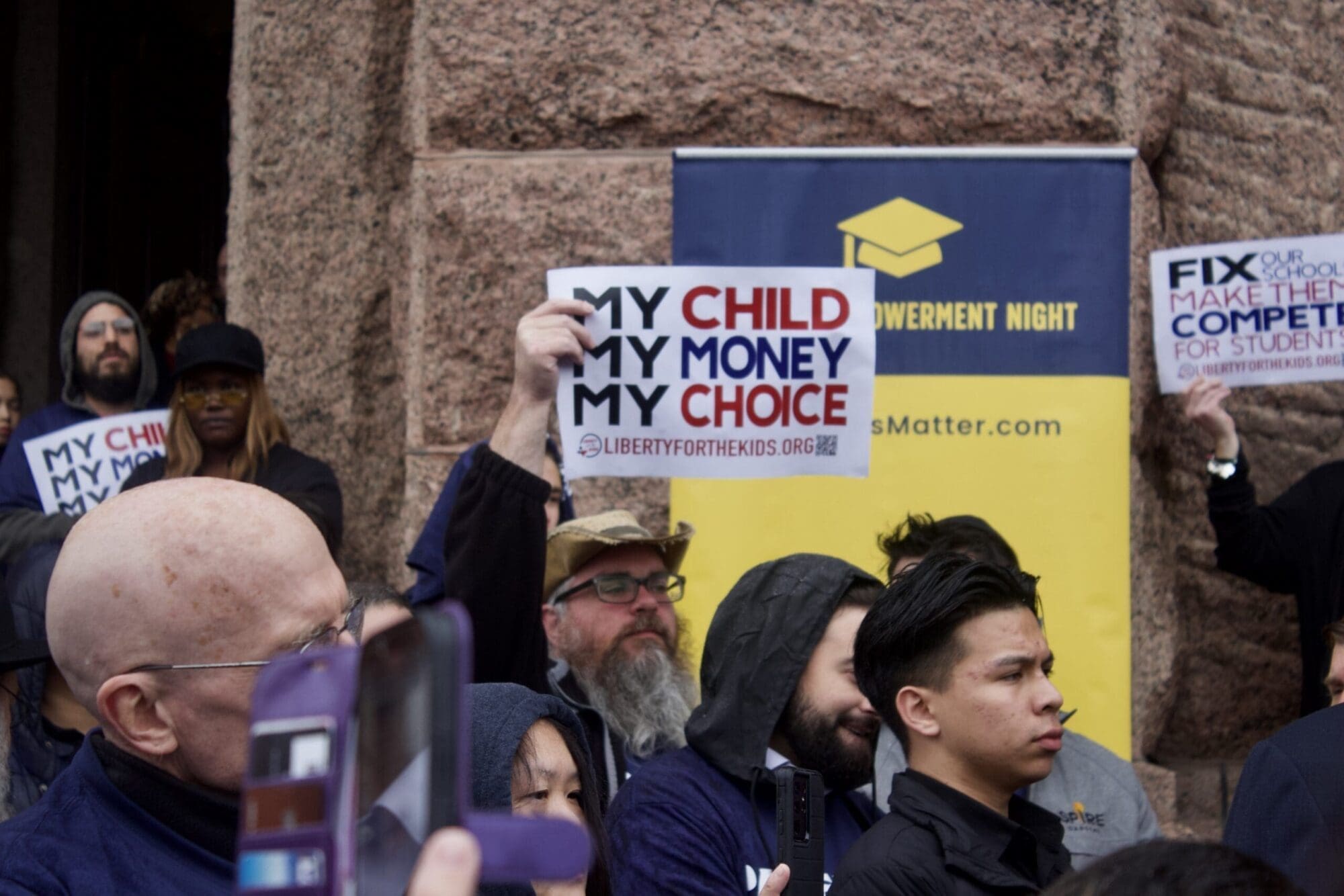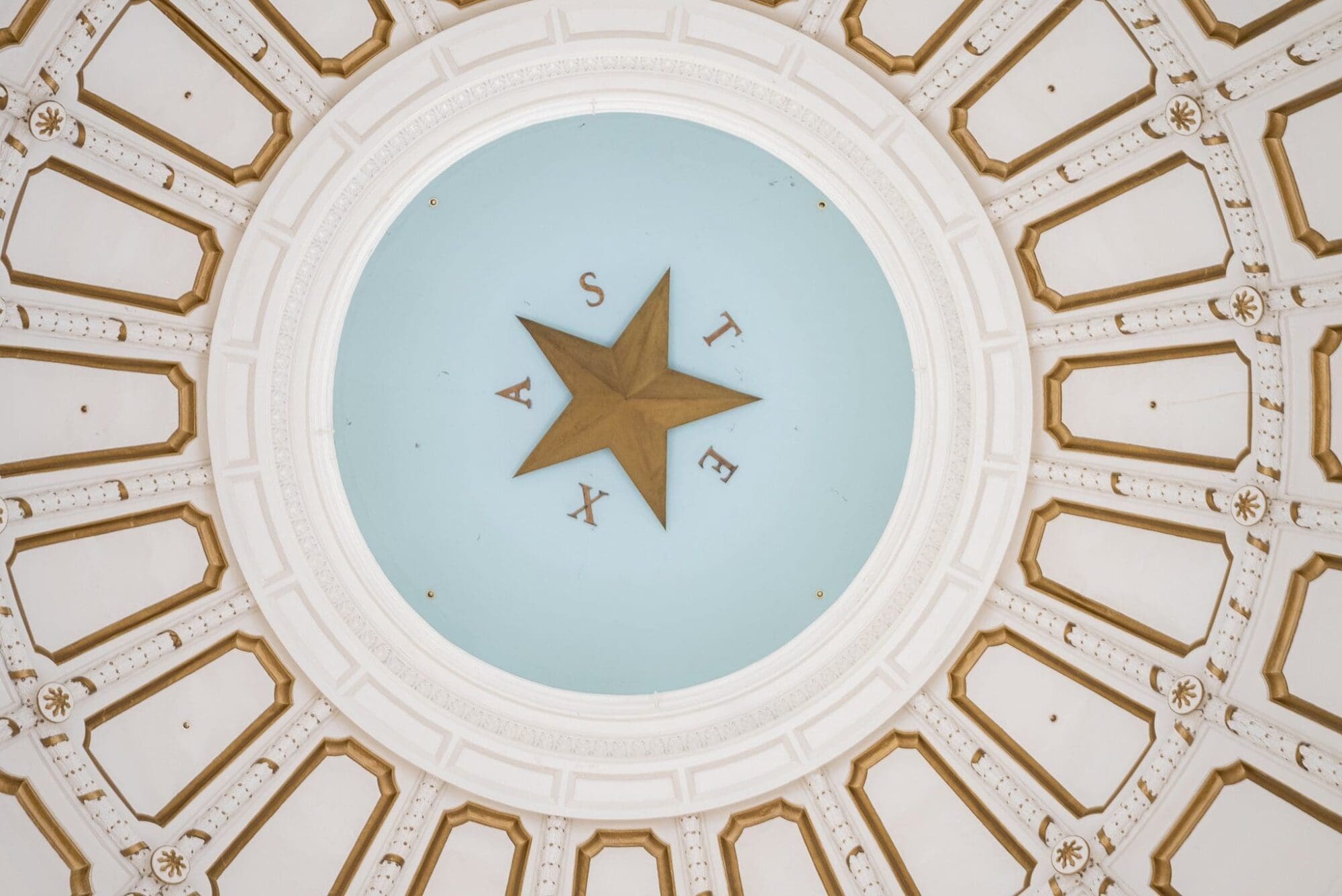A group of pornography promoters is suing Texas over a new state law requiring porn sites to verify that users are at least 18 years of age before they access X-rated content online, or else pay hefty fines.
Several states have recently adopted age verification laws to keep minors from viewing adult content, but Texas is the first state sued by the porn industry over its law.
Gov. Greg Abbott signed House Bill 1181 in June.
Pornhub, one of the largest online platforms for users to share sex videos, is now asking a federal court to block the law before it takes effect on September 1.
Additional plaintiffs include other third-party porn platforms, several adult content creators, and the Free Speech Coalition, which defends porn providers.
Their lawsuit claims that HB 1181 violates the First Amendment.
HB 1181 requires commercial porn websites to use “reasonable age verification methods”—either digital identification or a commercial system that verifies age using government-issued ID or other data. The businesses may not retain users’ identifying information.
Penalties for porn sites that violate the law include $10,000 per day for operating without age verification, $10,000 per instance of retaining users’ information, and up to $250,000 if a minor accesses harmful sexual material due to a business violating the age verification requirement.
The new law also requires the sites to publish Texas Health and Human Resources warnings about the hazards of pornography, which the plaintiffs reject as “controversial” and “factually false”—including a message that “Pornography increases the demand for prostitution, child exploitation, and child pornography.”
The pro-porn plaintiffs say the state is “employing the least effective and yet also the most restrictive means.” They argue minors can easily circumvent the verification process, other content filtering methods are less restrictive, and alternative avenues for accessing adult content are omitted from the law.
They also say collecting porn users’ personal information will have a chilling effect on adults legally accessing the content, due to privacy and data-security concerns.
That allegation appears to hold true in Louisiana, the first state to adopt an age verification law that became the model for other states.
Pornhub reported traffic from Louisiana dropped 80 percent. Advocates for restricting children’s access to porn hailed that as a win.
Also in Louisiana, according to the lawsuit, a database of digital driver’s licenses “was breached almost immediately, exposing the information of everyone who enrolled in Louisiana’s optional digital identification program for the purposes of accessing adult content.”
The plaintiffs also say HB 1181 violates Section 230 of the Communications Decency Act, which “prohibits treating website operators as if they were responsible for alleged harm caused by content created by third parties,” and they claim the fines are “grossly disproportionate to the unsubstantiated, fabricated harms it purports to protect against.”
HB 1181 passed the Texas Legislature with strong bipartisan support, as did similar laws in Louisiana, Virginia, Mississippi, Utah, Arkansas, and Montana.
Pornhub recently cut off access to all users in several states—a move anti-porn advocates see as another win.
The Free Speech Coalition sued Louisiana and Utah, but the Utah case was dismissed earlier this month.
Pornhub was the target of a $600 million class action lawsuit in 2021 for hosting child sexual abuse material on its site.
Pornography is a multibillion-dollar global industry.
No ads. No paywalls. No government grants. No corporate masters.
Just real news for real Texans.
Support Texas Scorecard to keep it that way!





